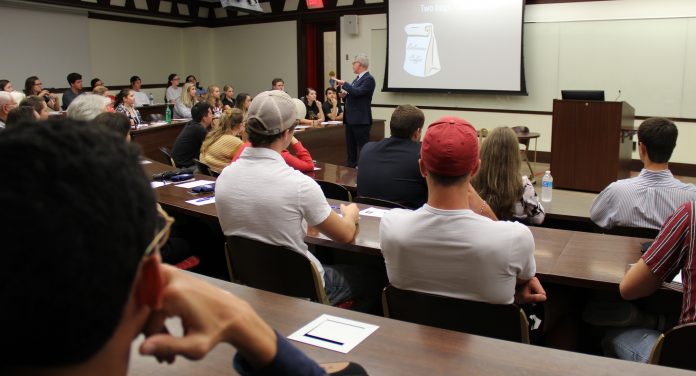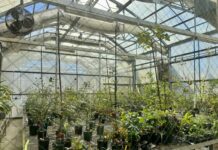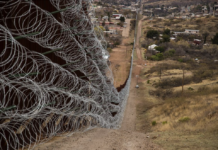
Peter Edgar
Dr. Victor V. Claar, assistant professor of free enterprise at Florida Gulf Coast University and author of the book “Fair Trade? Its Prospects as a Poverty Solution,” gave a lecture on Tuesday regarding the contents of his study of the fair trade coffee movement.
Claar is the first in a series of speakers whose appearance at Florida Southern College is sponsored by the Barney Barnett School of Business’s Center for Free Enterprise. To open, Claar asked, “How fair is your cup of joe?”
The basis for Claar’s exposition was founded in the economics and history of the coffee industry, in which a demand that doesn’t change often or much (is inelastic) is paired with a supply that, when raised or lowered by new suppliers or storms, respectively, drastically changes the price. Fair trade practices create a minimum that producers can be paid in response to the volatile prices that the coupling creates.
Claar claims that for many, the impetus for shopping in a fair trade habit is a mix of knowing that they have participated in a just and fair cause and “social capital”—the benefit gained from people knowing that they’ve helped someone. Comparing the circumstance to when someone goes to a Friday night movie instead of a weekday-morning matinee, he described this as a kind of self-imposed price discrimination..
Citing steep barriers-to-entry into the fair trade system for poor growers, Claar largely discredited the organizations that put forward fair trade products, including Equal Exchange and FairTrade International. He compared the revenue that FairTrade generates from having the logo on coffee bags to the tag that major league sports apply to merchandise.
Nevertheless, Claar maintained that the goodwill behind fair trade as a concept should not be forsaken. His advice to students, after asserting that more than half of coffee made with fair trade practices isn’t sold under the FairTrade label, was to “Drink what you like” and, later, after a question from the audience about direct trade as an alternative, to focus on “relational coffee”: coffee made by a company with which you can be more personal with growers regarding the buy-sell interaction.
The next Center for Free Enterprise speaker will be former economist and former U.S. Senator Dr. Phil Gramm, Vice Chairman of Lone Star Global Acquisitions, who will speak on the topic “Settling America’s Trade Disputes.” The event will take place in Eleanor Searle Drawing room at noon on September 18.







